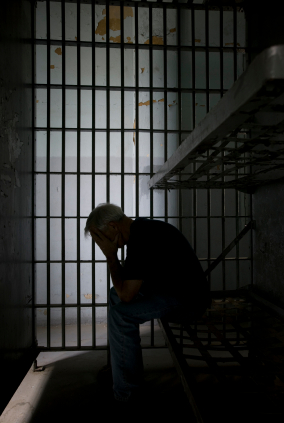
The Supreme Court, Police Shootings and Black Lives Matter
By Ross Parker ticklethewire.com Have the frenzied media coverage of incidents involving police shootings of African Americans and the protests of Black Lives Matter activists affected the Supreme Court? The Court has not addressed a case involving race and the criminal justice system in some time, but two such cases are scheduled for oral argument…




